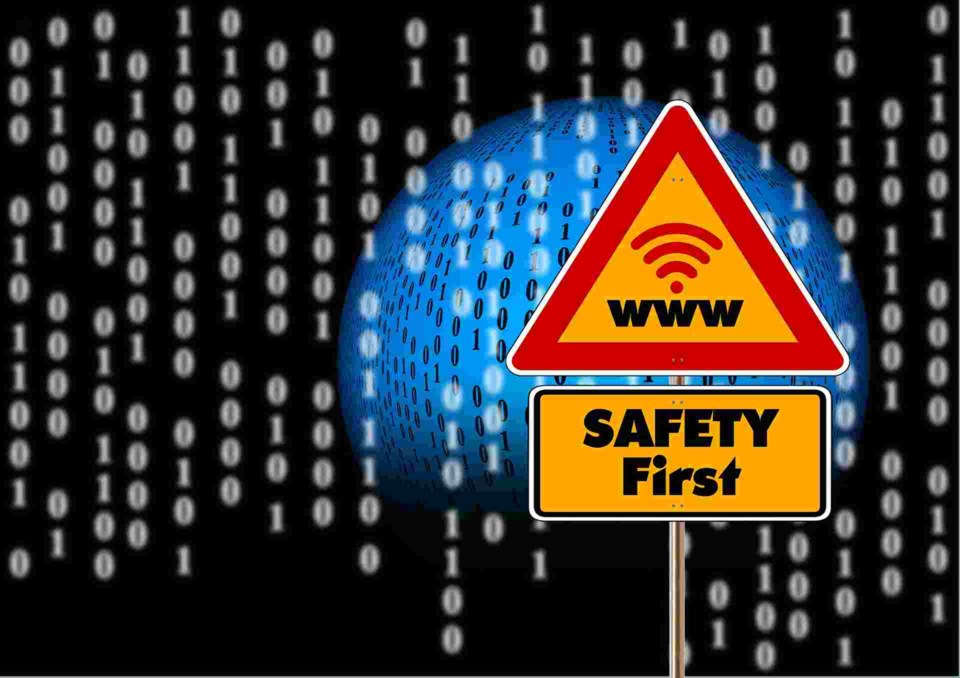In the days before large cellular data packages many mobile device users sought out places to land that would allow them access to Internet data without using precious Megabytes and incurring additional charges. Today it’s much easier to hoard monthly data allotments by using WiFi provided by local businesses but doing so is not without risk.
Wireless connectivity has become ubiquitous and virtually essential to anyone who makes extensive use of a mobile device. Even in Canada, the land of over-inflated cellular costs, having enough data on one’s phone to make it through the month is key in negotiations for that next great piece of technology. Many people look at wireless access as life’s blood and can’t fathom living without it.
Businesses are quick to hop on the bandwidth bandwagon and lure customers in by offering “free” WiFi to anyone visiting their locations. Retail establishments allow customers to comparison shop while browsing the aisles without using up their data packages. Coffee shops, airports, and restaurants proudly display “Free WiFi” signs as a means of setting themselves apart and drawing customers in who sit in relative comfort while getting some work done or casually surfing the ‘Net.
Many will ask just what could possibly be harmful in this. There are a number of risks both to the business providing their customers with free access to the Internet as well as the customers taking advantage of it. Assuming for the moment that businesses are properly isolating free WiFi users from their in-store equipment network, there can still be downsides to providing WiFi as a service.
A number of big box stores have found their bandwidth costs rising as the relationship with customers quickly reaches co-dependence. It’s not uncommon for a business offering free WiFi to discover customers using their network access for illicit means or have their costs increase due to neighbourhood leeches sitting in the parking lot to download large files. While these are potential issues they are the trade-offs that businesses take into account when deciding to offer unhindered access to their bandwidth.
Of greater concern are the risks to those opting to make use of freely offered ‘Net connectivity. Coffee shops, airports and the like are frequented by those who are interested in obtaining information and connecting to the same network you are on is a great way to do it. A traditional network arrangement places the network firewall at the edge of the network to ensure that all equipment on the network behind it stays protected from the dangers of the Internet. Imagine a network like a castle, the firewall is your main gate.
You remain safe by staying in the castle when your enemies are outside the gate. By connecting your mobile device or laptop to a free or public network you’re placing your device on the same network as others you may not be able to trust. Not unlike letting enemies through the castle gates and violating the safety of the space behind them. This eliminates the protection gained by being behind a firewall. The danger to your device is not out on the Internet but already “within the gates” and even the most well-meaning firewall will have little protection to offer.
This means that the only protection from attack is whatever is running on your device for security. It is a very simple matter to place a laptop in “promiscuous mode” which allows it to gather traffic on the same network. Other people sitting nearby could be snooping on all of your traffic as it floats by them or working on gaining access to data stored directly on your device while you’re sitting relatively defenseless. This not a theoretical example. It is happening every day.
All computer equipment should always be protected against external attacks from viruses, malware, and malicious individuals. Free WiFi can be very convenient. Always remember that security is most often traded for convenience and making use of a free WiFi connection could very well be a risk that is not worth taking. As always, check with your friendly neighbourhood computer specialist to make certain that you have the protection that you need.
Kevin Davison is a Guelph-based computer consultant for Kadence Solutions. He has over 20 years of experience in computer and network management. Kevin also possesses expertise in telecommunications systems, home automation, electronic security systems and various residential and commercial electronics. http://kadencesolutions.ca
This Content is made possible by our Sponsor; it is not written by and does not necessarily reflect the views of the editorial staff.

